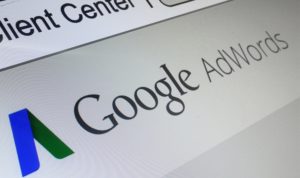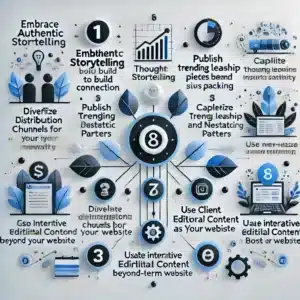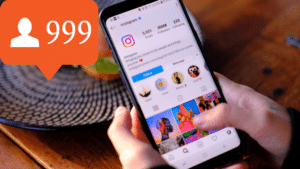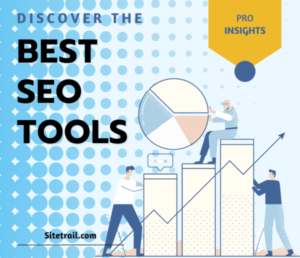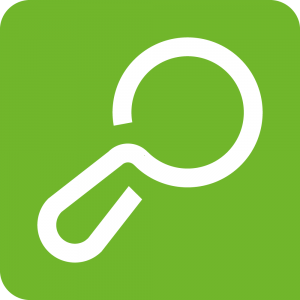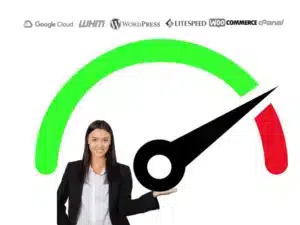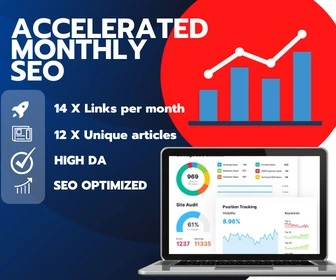Inbound marketing is an approach fixated on charming customers through content and interactions that are relevant and helpful, not interruptive. With inbound marketing, likely customers finds a product via channels such as search engines, blogs, and social media. Inbound marketing, unlike outbound marketing, does not need to fight for possible customers’ consideration. By generating content designed to address the problems and needs of your ideal customers, inbound marketing attracts qualified prospects and builds trust and credibility for your business.
Read more about PPC consulting for Bing Ads, Google Adwords, Facebook & Linkedin: http://www.adriaanbrits.com/marketing-campaign-management/ and access free courses for Linkedin premium members here: https://www.linkedin.com/learning/introduction-to-ppc-with-google-adwords-and-bing-ads
Now that you are refreshed at knowing what inbound marketing strategy is, you might be thinking, should I focus more on search engine optimization (SEO) or pay-per-click (PPC) when you are busy with working how search engine marketing should fit in in your inbound marketing strategy. And the choice between these two aren’t easy. Each has its positives and its negatives. Either way, success of your campaign is not going to be easy with either PPC of SEO.
But let’s be candid people are more likely to click on an organic search result than on a paid one. Plus over time organic traffic frequently results in a reduced cost per lead. Still that’s SEO, what about PPC when is it a good idea to introduce it into your inbound marketing strategy?
Let’s focus on some technical jargon. Firstly, it takes longer to rank for broad keywords that are searched frequently and are very much competitive. Secondly, instead of these challenging terms, inbound marketing best practices put forward focusing on long-tail keywords that are both at ease to rank for and benefit scope the specific audience you want to target. Thirdly, you should be reminded that it takes consistent targeting and time to increase your organic ranking for any kind of keywords (look at the different types of keywords in the post: ).
Then again knowing that one of the positives of PPC in search engines is the ability to appear quickly in top rankings for long-tail or broad keywords. Meaning, if you want instant results for your short term goals, then having some presence in search results is way better than having nothing. Yip, even if you have to pay for it.
Furthermore, there is an opportunity to use a PPC campaign to attract new visitors to your website, while you are increasing your organic ranking with on-page SEO, as well as come up with fresh ideas to entice new customers to your site. A benefit of such a plan, is that you can draw back o bidding for keywords as your organic rankings increases, so saving you marketing bucks and cutting your cost per lead acquisition.
Let’s back track a bit. You should be aware that inbound marketing is geared around creating content that potential customers will be keen on. This allows you to build a relationship with them, which can lead to a sale. Some keywords are more effective than others to lure the costumers in and result in conversions. If you run a PPC campaign as part of your inbound campaign it should provide you insights into which keywords are the ones matching your business focus, so you can create more content about those topics and build organic traffic. Sadly, Google will not be of much help, as they will not tell you which keywords brought in your organic traffic. But there is some hope. If you are running an AdWords campaign the keyword information is a stellar tool to keep your efforts on course.
Here are some relating posts you should also visit: Steps to build up a quality AdWord target keywords list to improve your ROI from PPC, Avoiding the PPC myths that corrupts your marketing, 3 Tips to increase ROI for PPC
